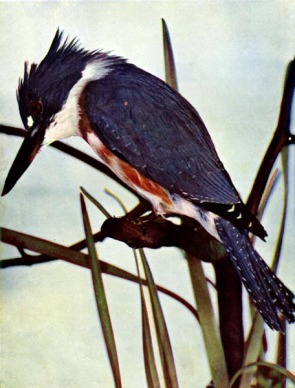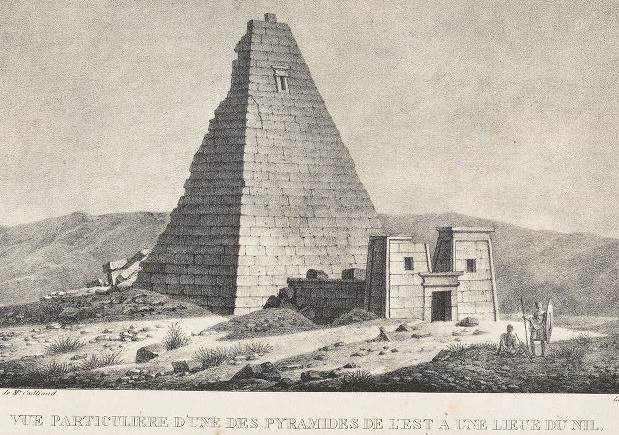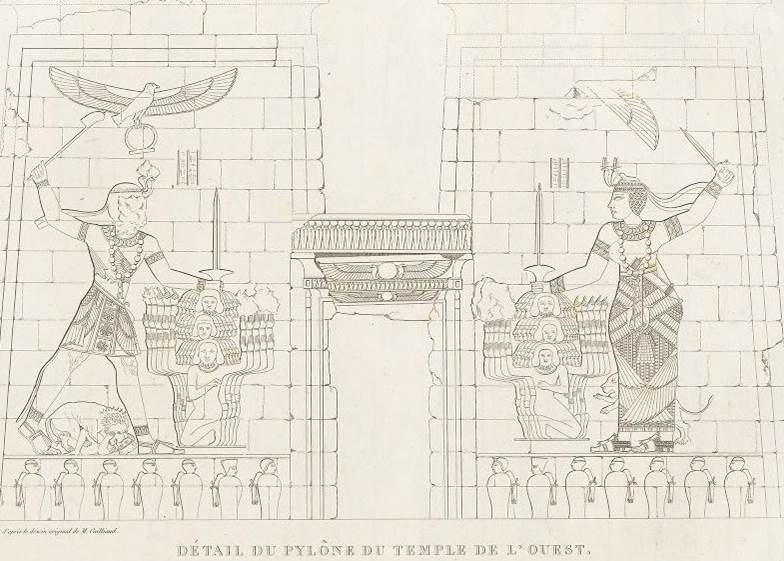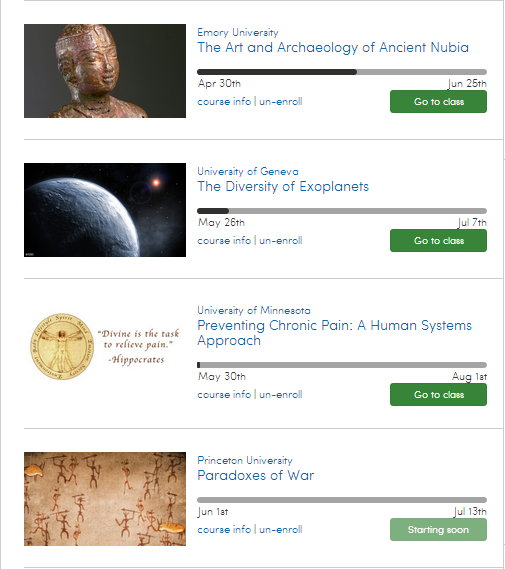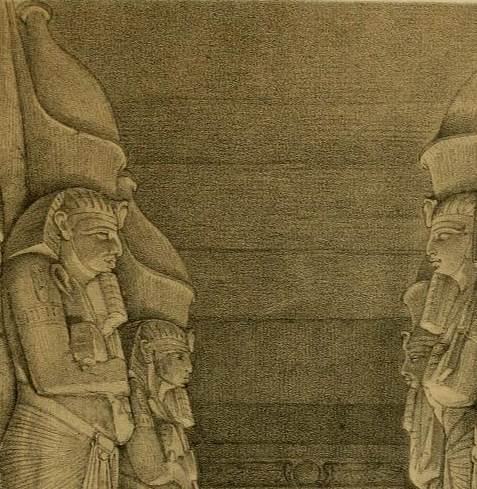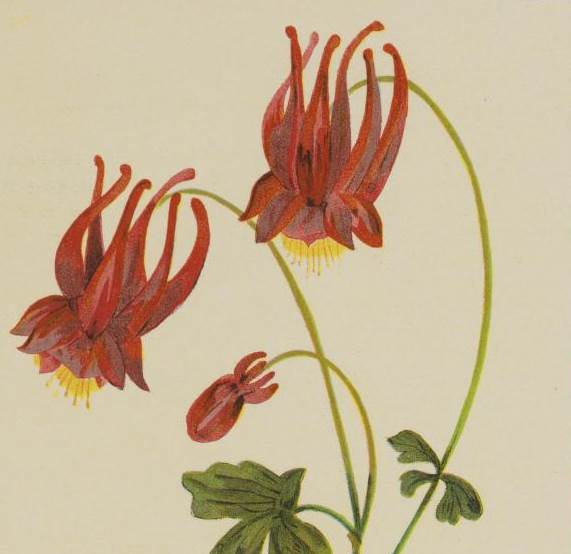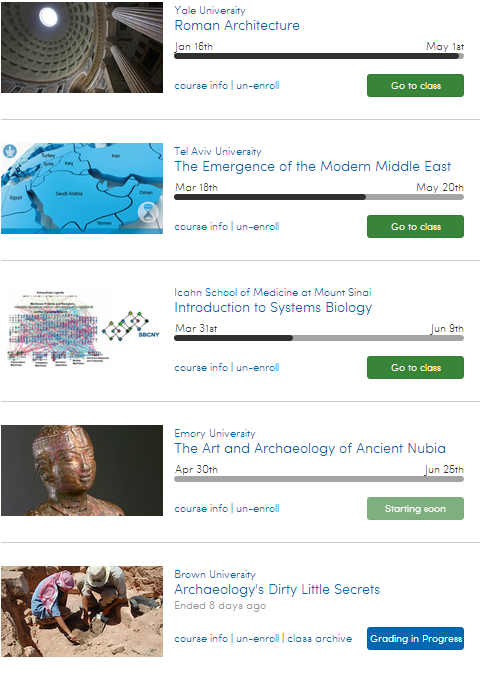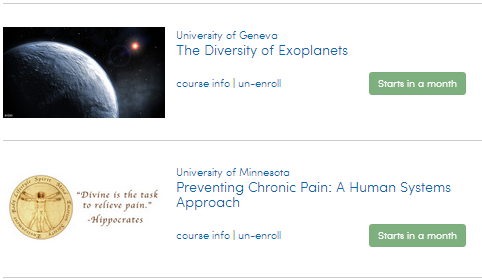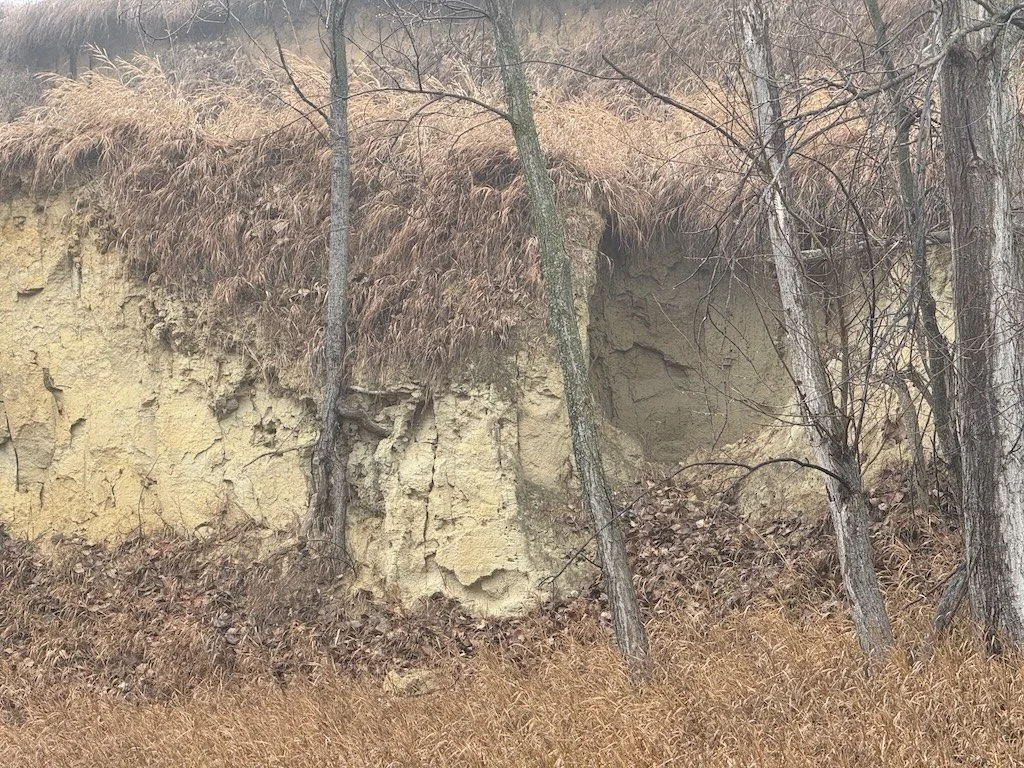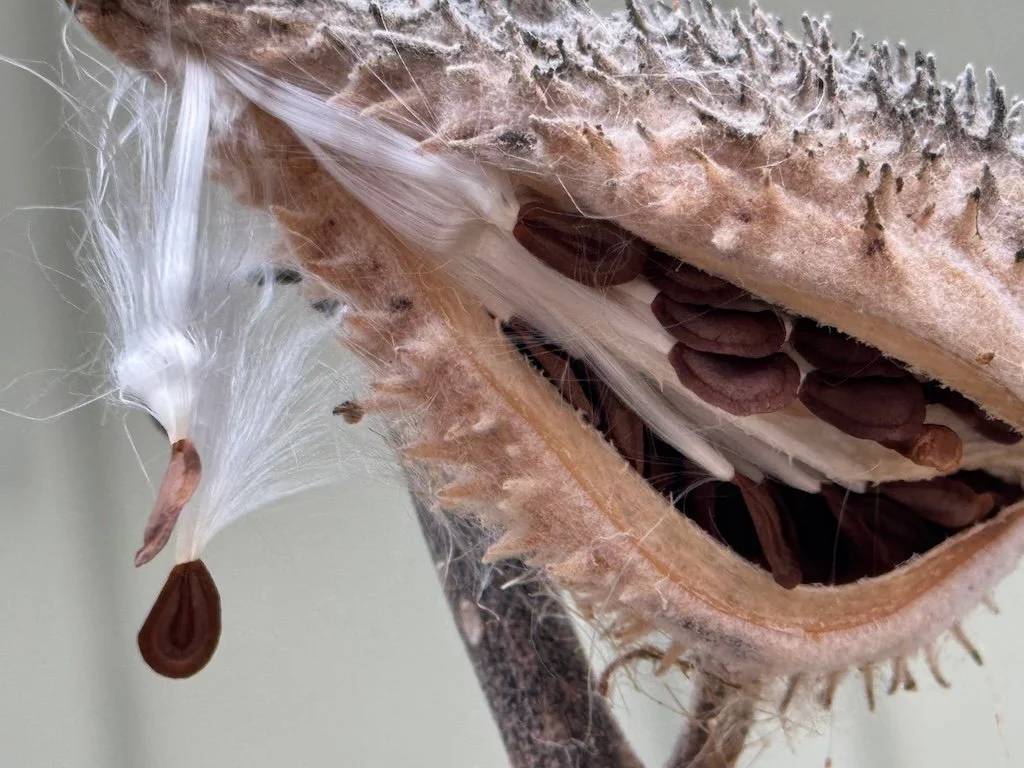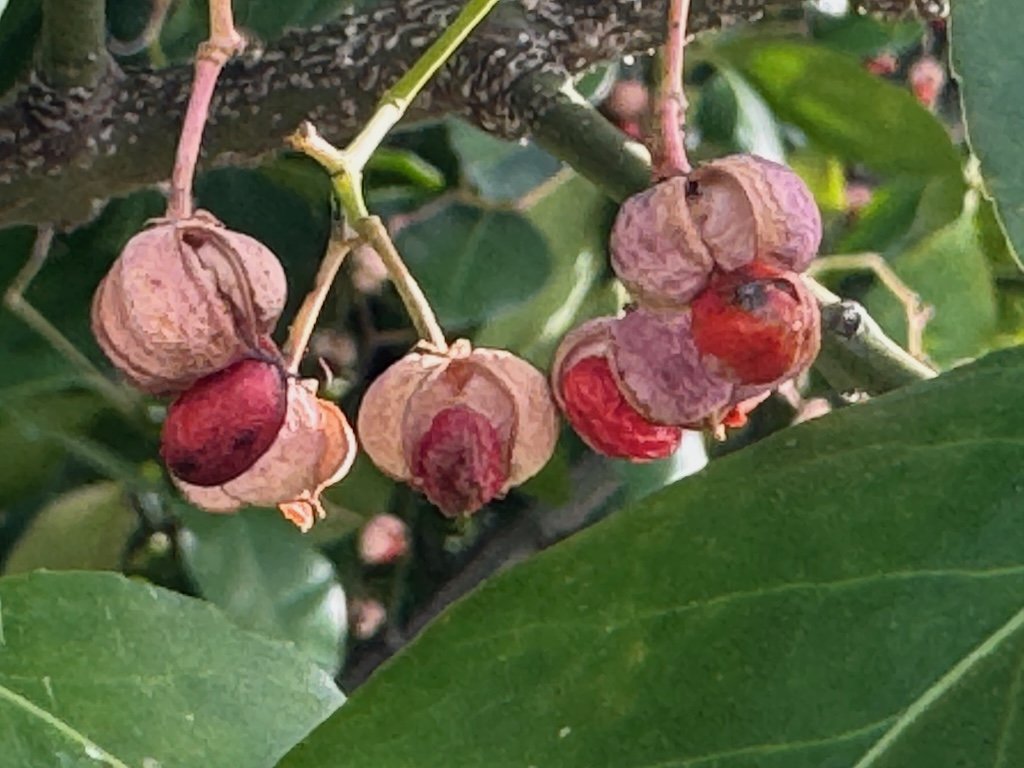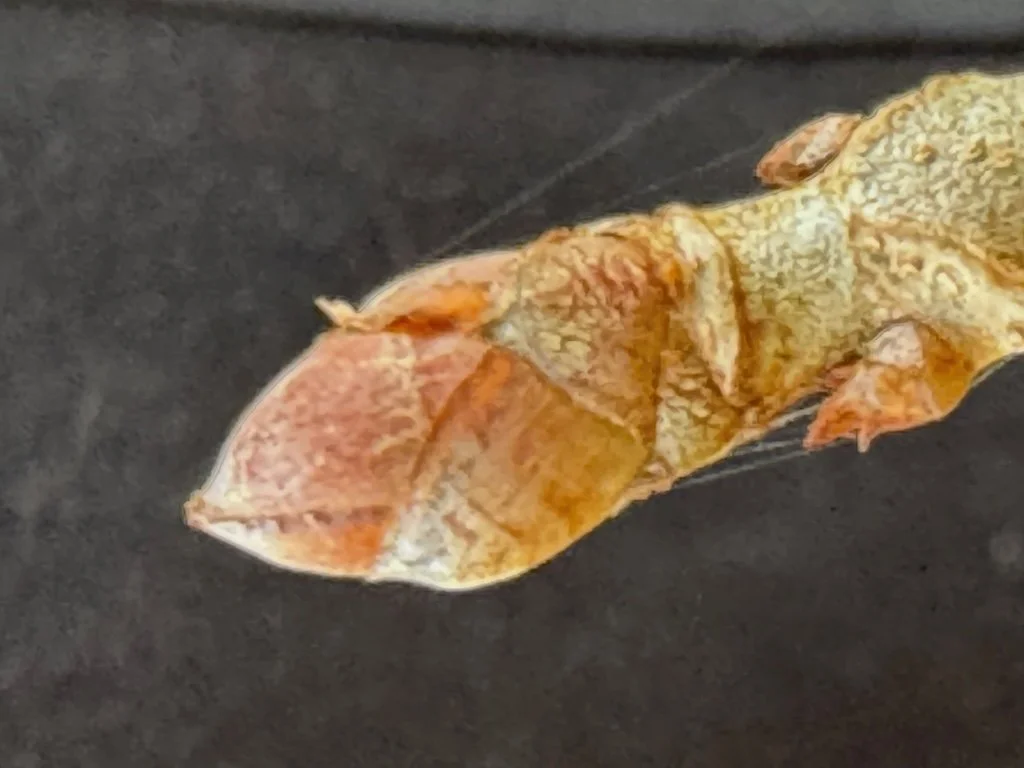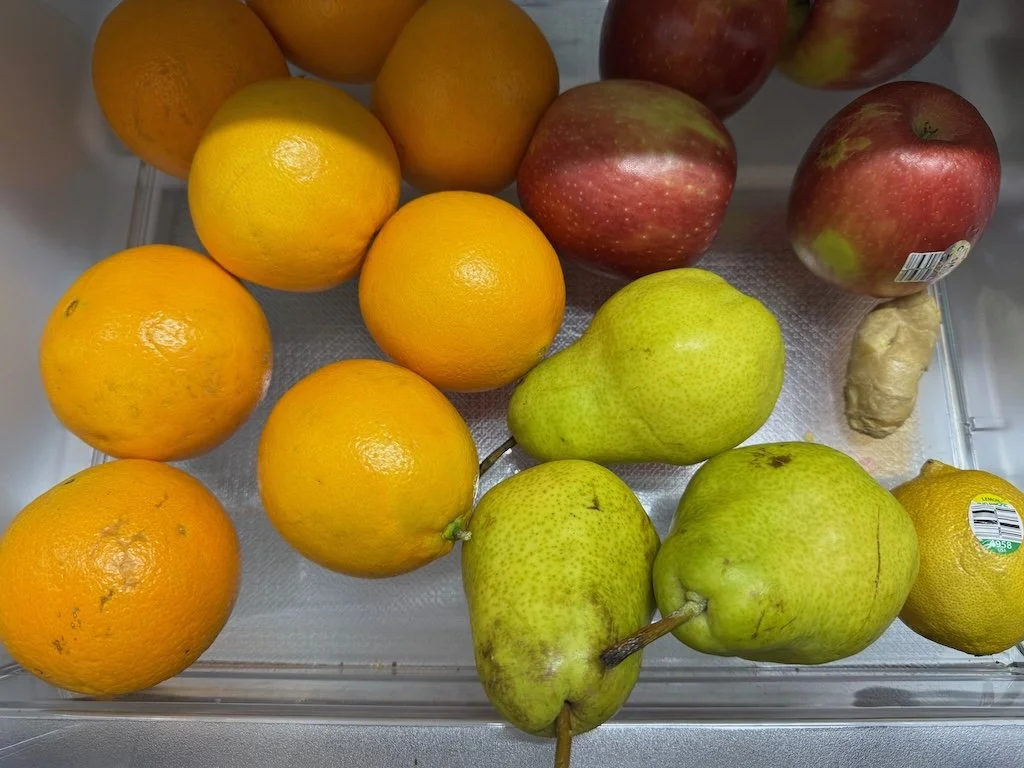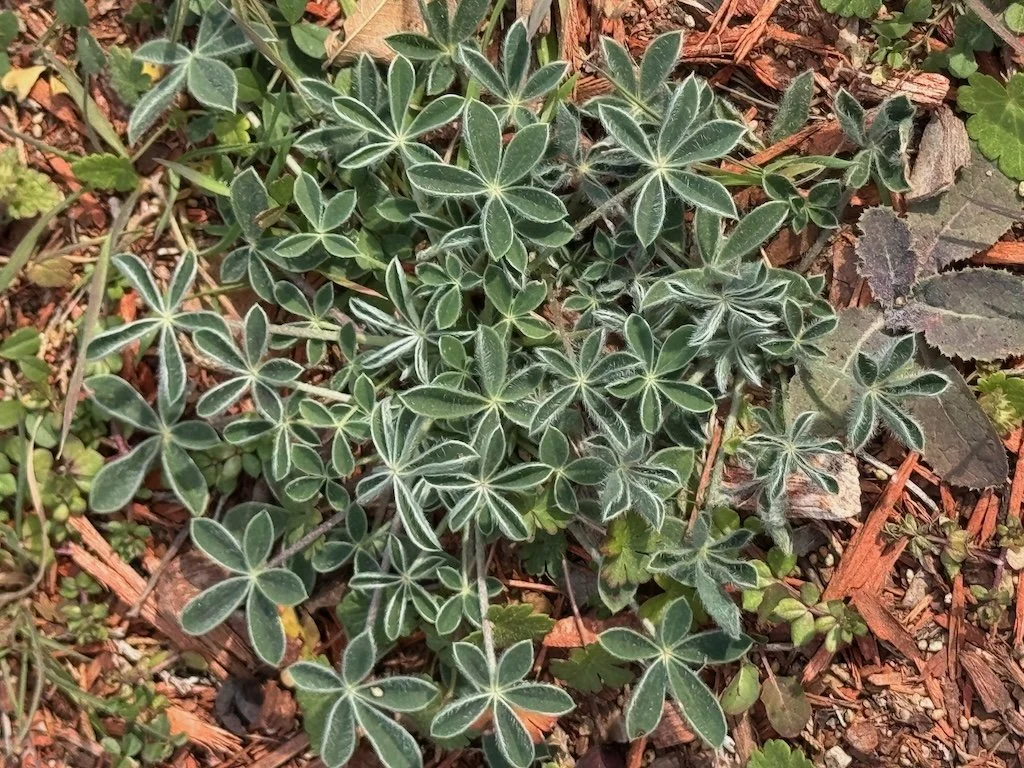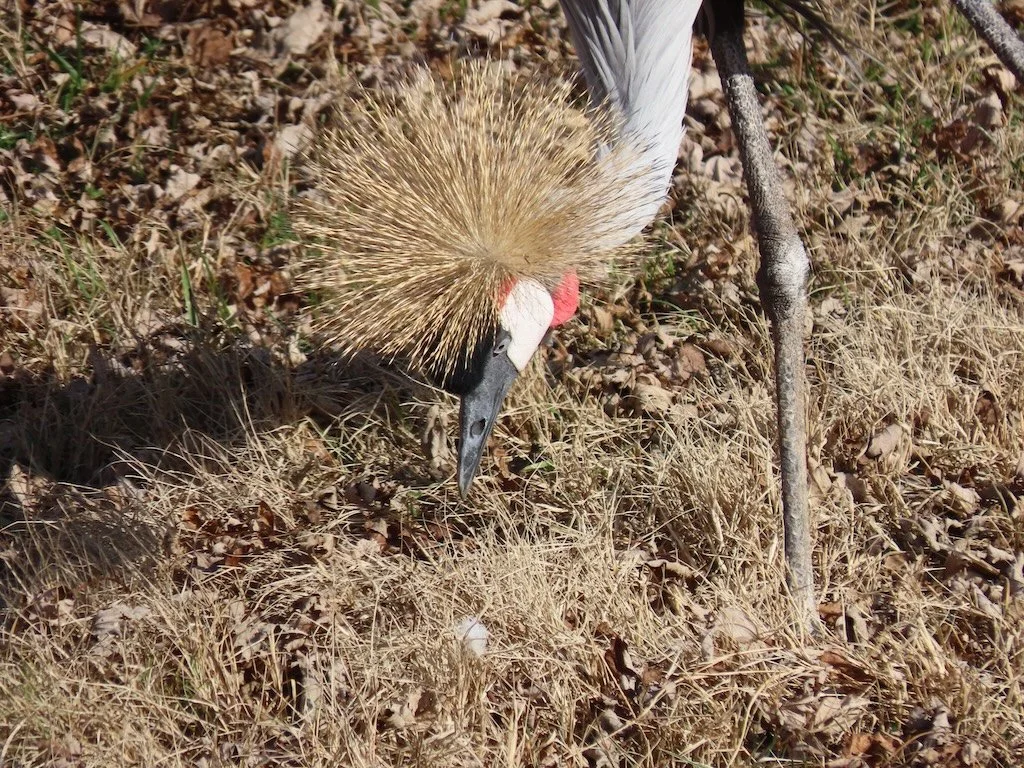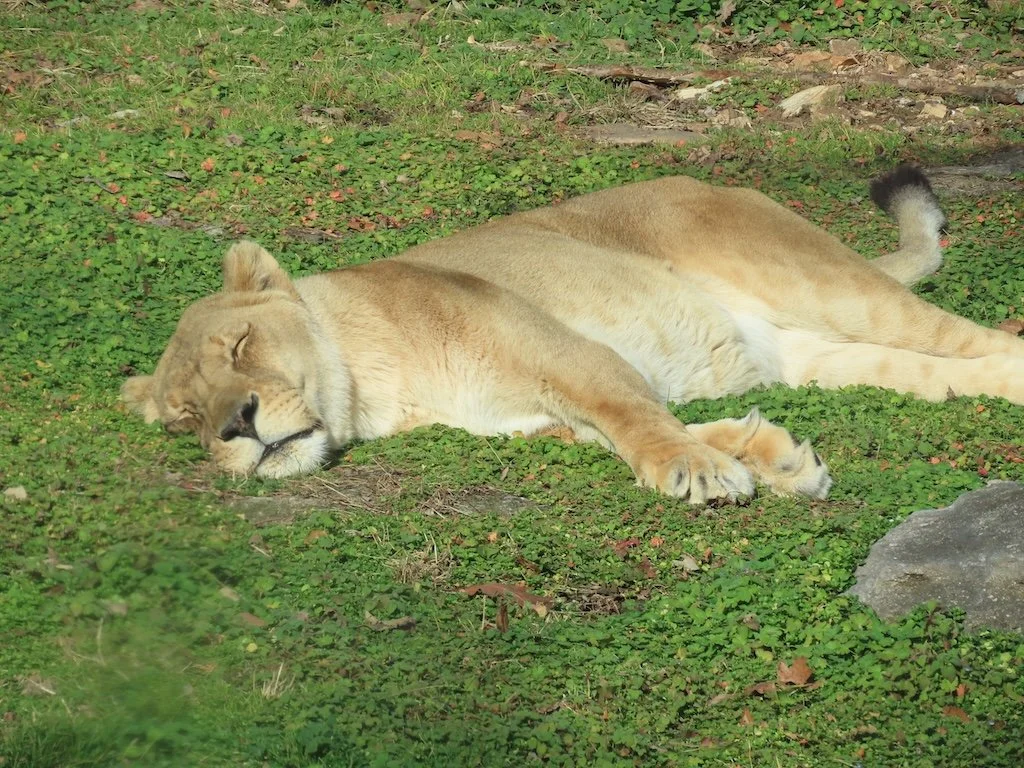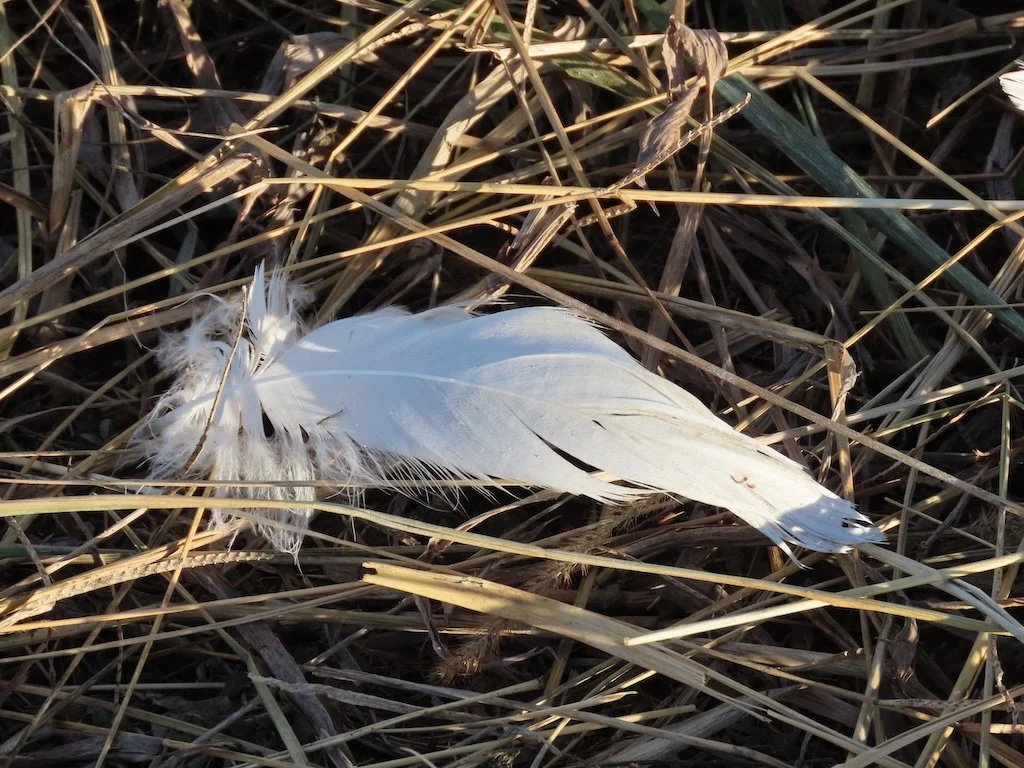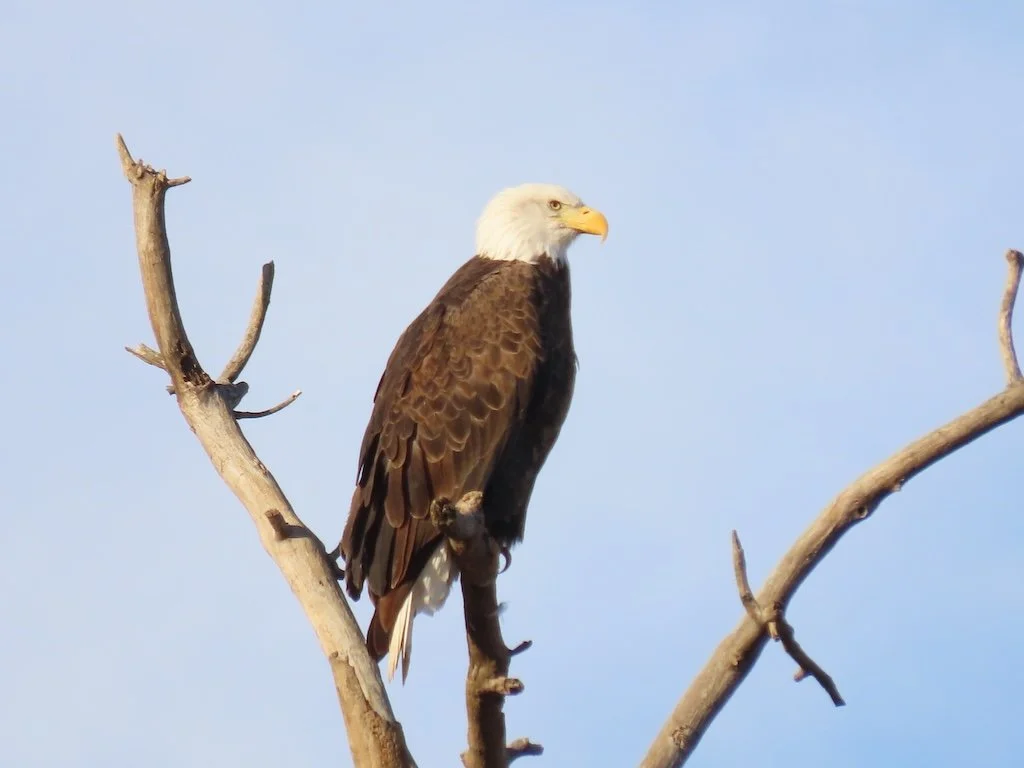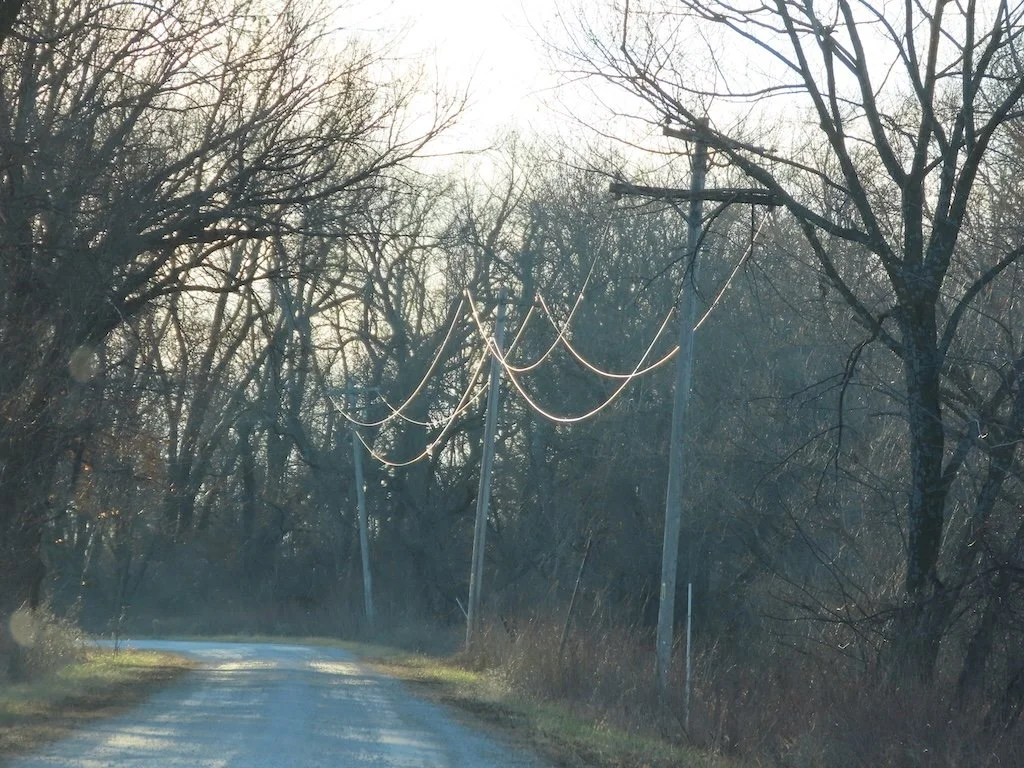Ten Days of Little Celebrations - June 2014
/Noticing something worth celebration each day is an easy thing for me to do. The habit of writing it down reminds me to be grateful for these and a myriad of other things in my life. This month has been full of ‘little celebrations;’ here are my top 10 for June 2014. I’ve categorized them into 4 groups: outdoors, food, and courses and people.
Outdoors
Oak trimming (and discovering the oak marble). Finishing the annual trimming of the oak was worth a celebration but it was made even better this year with the finding of the oak marble. It was the first time I had ever seen anything like tit.
Therapy bush trimming. There is always some to be learned about myself during time spent trimming the bush. I celebrated that it happened this month (and look forward to at least one more time during the summer).
Brookside. We walk around Brookside at least once a month and it is always enjoyable but with the construction going on this summer we are looking for alternatives. I celebrated June’s visit since it will be the last one to Brookside for a few months.
Green tomatoes. My deck garden has gotten off to a reasonably good start. I have 11 tomatoes on two plants! I’m celebrating their progress and hope to report other colors soon (and then move them to the ‘food celebration’ category.
Food
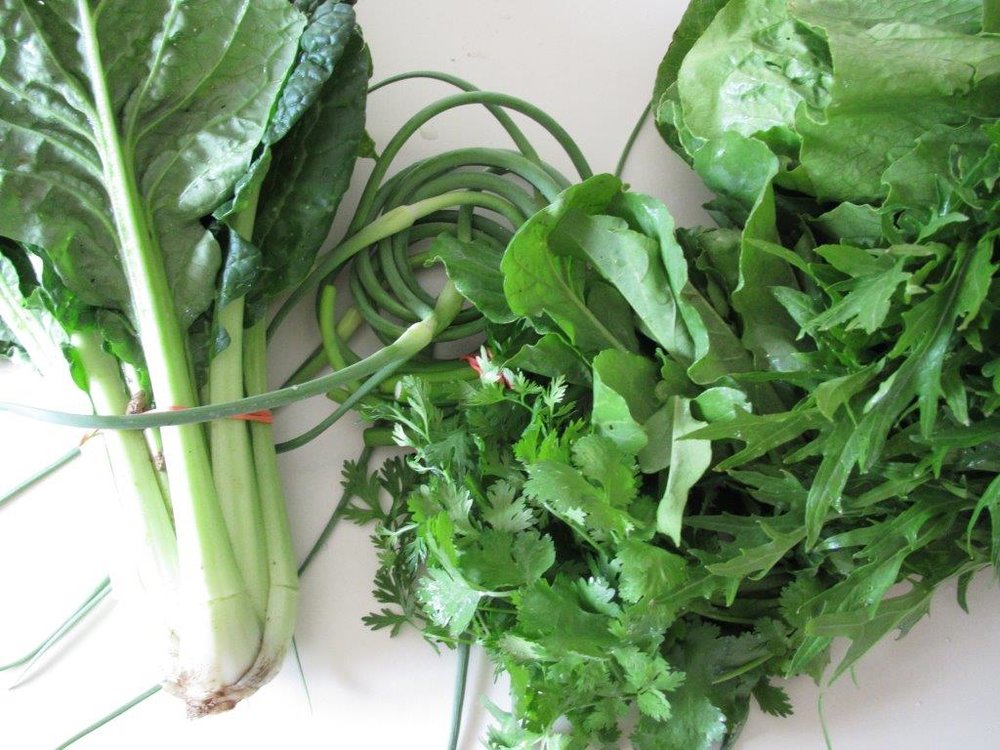
Community Support Agriculture. My first experience with the CSA has been worth celebrating. The fresh veggies are getting eaten.
Watermelon. I didn’t wait for the local melons. The grocery store had a bin and the one I got was excellent.
Kale chips. They taste good - and are nutritious too! Even my husband - not usually big on veggies - liked them.
Courses
Thought provoking classes - The Paradoxes of War class I started this month on Cousera has been very thought provoking….and I am celebrating that I signed up for it.
The survival of people in harsh reality - The Nubians survived harsh climate and the Ancient Egyptians to produce their vibrant culture - that’s the main take away from The Art and Archaeology of Ancient Nubia course that I just finished on Coursera. I am celebrating their accomplishment; they help us realize that the ancient Egyptians were not the only ancient people to apply extreme creativity toward improving their lives.
People
People. There are so many people related celebration days this month that were highlighted by Father’s Day, telephone calls from (and to) family members and meeting new people.


